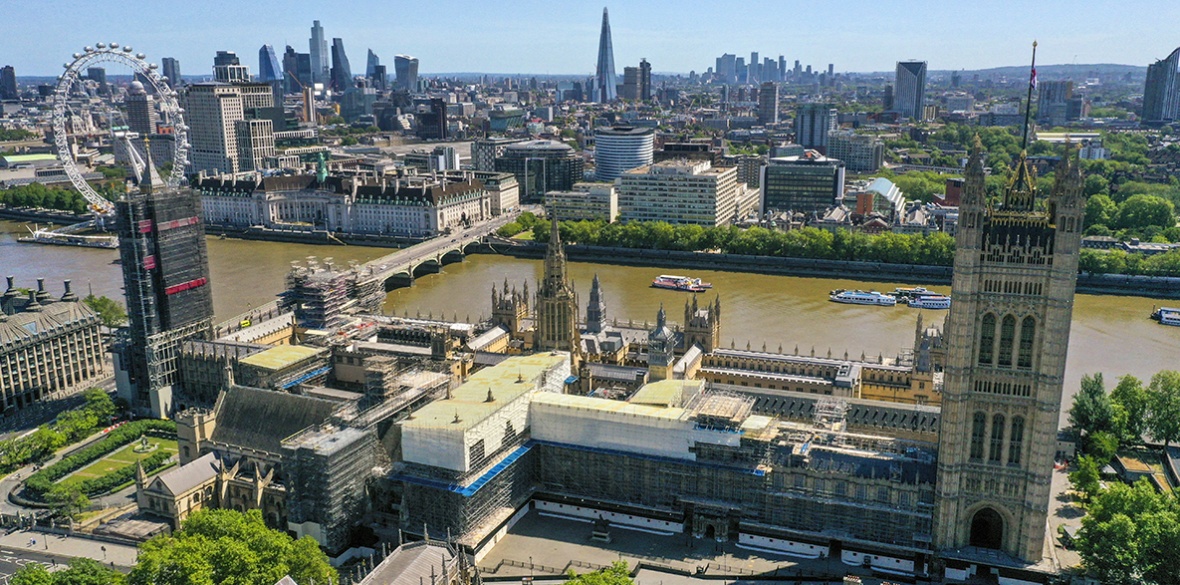This is the last article you can read this month
You can read more article this month
You can read more articles this month
Sorry your limit is up for this month
Reset on:
Please help support the Morning Star by subscribing here
TORIES were ordered today to grant covert agents a “licence to kill” by rejecting changes proposed to the “dangerous” Spycops Bill.
The government urged MPs to vote against an amendment to the Covert and Human Intelligence Sources Bill, which would ban covert agents participating in murder and rape.
The Bill, which is in its final stages before passing into law, proposes to grant undercover agents immunity from civil and criminal prosecution for committing authorised crimes.
It will allow agents to commit crimes not only in the interests of national security and to prevent crime but also to prevent “public disorder” and in the “economic interest of the United Kingdom.”
The government suffered a string of defeats over the Bill in the Lords, with peers passing an amendment to ban the use of under-18s as police or MI5 informants except in exceptional circumstances.
They also successfully limited the scope of the crimes that can be authorised, omitting murder, rape, other sexual offences and torture.
However, the Tories are seeking to overturn the changes today as the Bill returns to the Commons.
Solicitor General Michael Ellis told MPs that adding limitations on crimes would “make it easy for criminal gangs and others to develop initiation tests,” to unmask covert agents.
But he said that the government was “listening” and understood concerns over the issue of child informants.
Labour, the Lib Dems and Greens are expected to vote to keep the amendments.
Ahead of the debate, Lib Dem MP Alistair Carmichael condemned the government for ordering Tory MPs to reject the Lords amendments.
“In other words, Conservative MPs will be whipped to vote in favour of state-sanctioned murder,” he said.
Labour MP Conor McGinn said that the Bill was “far from perfect” but that “we recognise that it provides safeguards and protections for those who operate in this field.”
Labour has been criticised for backing the Bill and abstaining on votes. Described by Labour peer Shami Chakrabarti as “one of the most dangerous that I have ever seen presented,” the Bill will become law just five months after it was first introduced to the Commons.
The Orgreave Truth and Justice Campaign said ahead of the debate that while the Lords’ amendments “may be well intended, they cannot make the unacceptable acceptable.”
In the Commons, Mr Ellis said the government was “disappointed” by Holyrood’s decision to withhold legislative consent of the Bill last week, which means it will not apply to Scotland when passed into law.
SNP politician Joanna Cherry told MPs the party regarded the Bill as “another milestone in the British government’s retreat from support for such basic rule of law principles as equality before the law, and … the rolling back of human rights protections.”
Ms Cherry said the SNP supports the changes but not the Bill, adding “very real concerns remain in Scotland that this Bill could be used to suppress dissent.”
Tory MP David Davis, an outspoken critic of the Bill, said the proposed legislation “goes too far” shown by the number of former cabinet ministers who supported the amendments.
The former Brexit minister went on to brand the use of child informants a “very largely a morally repugnant policy.
“It results in children being put in dangerous positions during the investigations of serious and violent crimes, with frankly, minimal safeguarding in place,” he said.
The votes are due to tale place tonight.
 Bethany Rielly
Bethany Rielly









